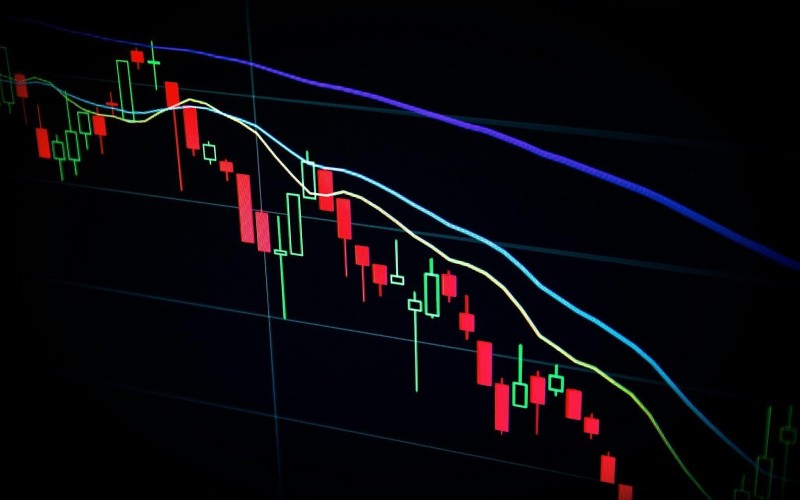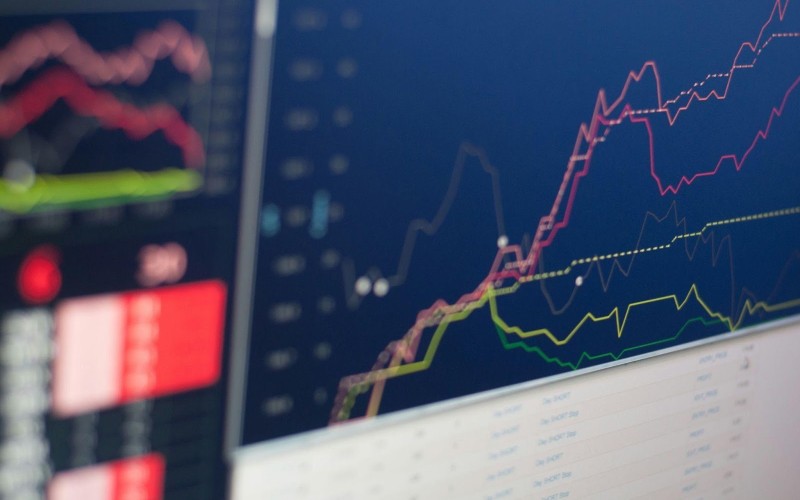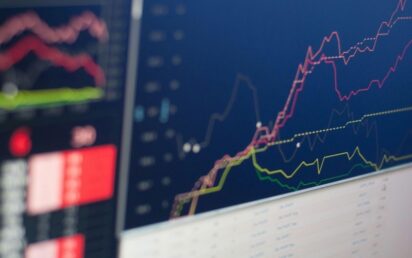Commodity trading has always had a special place for British investors. From the days when merchants traded grain for gold to today’s digital platforms providing instant access to global markets, the way investors can approach commodities has changed a lot. Let’s explore how British investors have moved from traditional commodity ownership to modern, flexible trading strategies.
The Early Days: Owning the Physical Commodity
Commodity investing was common in Britain’s early trading history. Investors, merchants, and industrialists directly bought and sold physical goods, including coal, cotton, tea, sugar, and metal. London had bustling docks and trading houses, becoming a global centre for these exchanges.
Owning the physical commodity meant dealing with issues like storage, transportation, and insurance. For instance, a trader who wanted to trade gold or copper had to hold it physically, often in vaults or warehouses. This required a lot of capital and came with practical challenges like theft, spoilage, or fluctuating prices.
The Rise of Commodity Exchanges

As trade expanded through the 18th and 19th centuries, British investors used organised exchanges instead. One of these was the London Metal Exchange, founded in 1877. It became one of the most essential commodity markets in the world. It allowed investors to trade metals like copper, lead, and zinc without owning them physically.
These exchanges introduced futures contracts, which are agreements to buy or sell a specific quantity of a commodity at a set price and date in the future. This was a game-changer, especially since producers and buyers could hedge against price changes, while speculators benefited when they predicted market movements.
From Futures to Financial Flexibility
As technology advanced through the late 20th century, so did trading methods. The rise of electronic trading platforms and global market access opened commodities to a broader audience. Futures markets still required significant capital and had strict contract sizes.
To meet the demand for more flexibility, new instruments were introduced, such as Exchange-Traded Funds (ETFs), options, and Contracts for Differences (CFDs). These allowed investors to gain exposure to commodity price movements and have become very appealing to retail investors in the UK.
They can now trade gold, oil, or agricultural commodities with a few clicks on online trading platforms. What’s more, they can do so without the issues of storage, physical delivery, or significant contract commitments.
CFDs and Digital Trading
Contracts for Differences (CFDs) have changed a lot today and are one of the most popular tools for British investors seeking exposure to commodities. A CFD is basically a contract between an investor and a broker that allows speculation on price movement without owning the underlying asset.
If the price of gold rises and you hold a ‘buy’ CFD, you profit from the difference. If it falls, you take a loss. This simple structure makes CFDs flexible and easy to use for various strategies. There are three key ways British investors are using CFDs in modern commodity trading:
- Strategic Hedging: CFDs are often used to protect portfolios against risk. For example, if a British investor holds shares in companies that might suffer from rising oil prices, they can open a CFD position to profit if oil goes up. This can offset the potential losses in their stock portfolio.
- Portfolio Diversification: Commodities have a low correlation with traditional assets like equities and bonds. Adding exposure to commodities through CFDs can help spread risk. A well-balanced portfolio might include gold, silver, or agricultural products, protecting investments during stock market downturns.
- Short-Term Speculation: CFDs are also ideal for traders who want to take advantage of short-term price movements. Since they often use leverage, investors can open larger positions with smaller deposits, making it suitable for traders who follow commodity trends closely.
Gold in Commodity Trading
Among all the commodities you can invest in, gold continues to hold a unique place in the portfolios of British investors. Gold has served as both a store of value and a hedge against uncertainty. Investors often turn to gold as a safe haven during war, inflation, or financial instability.
Gold stands out with its stability and universal recognition. It’s not affected by the performance of a single economy, company, or government. Gold often strengthens when stock markets fall or currencies weaken, balancing portfolios and providing psychological comfort.
Even in modern trading, gold remains one of the most popular CFD commodities. Traders can open positions in minutes and track global price movements 24/7.
The Impact of Global Events on Commodity Trading Strategy
Commodity trading, like stock markets, can be affected by global events. For instance, the oil crisis in the 1970s and the 2008 financial crisis reminded markets of the importance of gold. Even during the COVID-19 pandemic, global supply chains were fragile, and investors focused on agricultural and energy commodities.
British investors have learned to adapt quickly. The availability of CFDs and other digital trading tools allows investors to react instantly to global developments, like geopolitical conflict, central bank decisions, or natural disasters.
Digital Value Has Come Full Circle
The way British investors trade commodities has changed over the years. Although the strategies have changed, the aim remains the same: to hedge against uncertainty, diversify portfolios, and seize opportunity. Precious metals like gold still provide the same reassurance they did centuries ago, and these can be accessed with a few clicks on a PC or smartphone. As Britain’s commodity market remains interconnected, trading is still one of the most dynamic and adaptable investment arenas.


